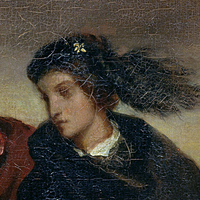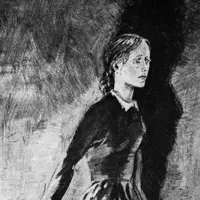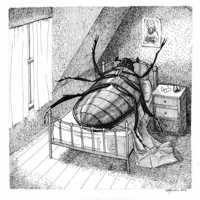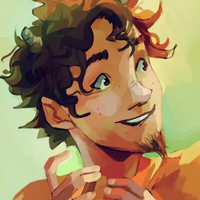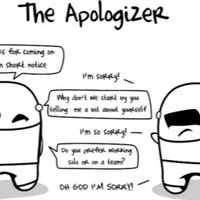Ophelia typ osobowości MBTI
Osobowość
"Jaki typ osobowości jest {profilename}? {profilename} jest typem osobowości {mbti} w mbti, {enneagram} - {iv} - {tritype} w enneagram, {big5} w Big 5, {sociionics} in Socionics."
After Polonius dies (and due to Hamlet’s antics), I think Ophelia’s inferior Ne really clearly surfaces. The quotes below are from Act 4 Scene 5. ‘How should I your true love know / From another one? / By his cockle hat and staff / And his sandal shoon.’ ‘Well, God dild you. They say the owl was a baker’s daughter. Lord, we know what we are but know not what we may be.’ ‘By Gis and by Saint Charity, / Alack and fie for shame, / Young men will do’t, if they come to’t; / By C*ck, they are to blame. / Quoth she “Before you tumbled me, / You promised me to wed.”’ ‘You must sing “A-down a-down”—and you “Call him a-down-a.”—O, how the wheel becomes it! It is the false steward that stole his master’s daughter.’ Jung describes inferior Ne in the Si type; ‘this archaic, extraverted intuition has an amazing flair for every ambiguous, gloomy, dirty, and dangerous possibility in the background of reality. In the presence of this intuition the real and conscious intention of the object has no significance; it will peer behind every possible archaic antecedent of such an intention. [...] as soon as the unconscious becomes antagonistic to consciousness, such intuitions come to the surface and expand their nefarious influence: they force themselves compellingly upon the individual, releasing compulsive ideas about objects of the most perverse kind.’ Ophelia starts to perceive all the symbolic meanings in various objects such as flowers, ‘cockle hat and staff’, etc.. She sees all the possible evil motives behind actions and objects; ‘It is the false steward that stole his master’s daughter’, ‘Before you tumbled me, / You promised me to wed.’ She perceives how something may appear one way but in fact be something else; ‘the owl was a baker's daughter.’ Also, I think she has auxiliary Fe because in Act 1 Scene 3 she seems to be quite willing to compromise her personal values (i.e. pursuing Hamlet) to accommodate interpersonal values (represented by Laertes and Polonius); ‘Laertes: Farewell, Ophelia, and remember well What I have said to you. Ophelia: ’Tis in my memory locked, And you yourself shall keep the key of it.'
Biografia
A noblewoman and the sometime target of Hamlet's affections—though that is soon put to an end by disapproval of her overprotective brother and her pretentious father. On top of that, Hamlet has become withdrawn and consumed with sorrow after his own familial turmoil and now begins to take out his anger against his mother on Ophelia, assaulting her with cruel innuendos and accusations of infidelity. And then her father dies, murdered by Hamlet, which pushes her over the edge and into madness. It's unclear whether she was even stable enough to keep herself breathing, which becomes important when Gertrude finds her drowned body. Gertrude chooses to call it an accident, but if gravediggers and priests know anything about death, Ophelia may just have killed herself.

